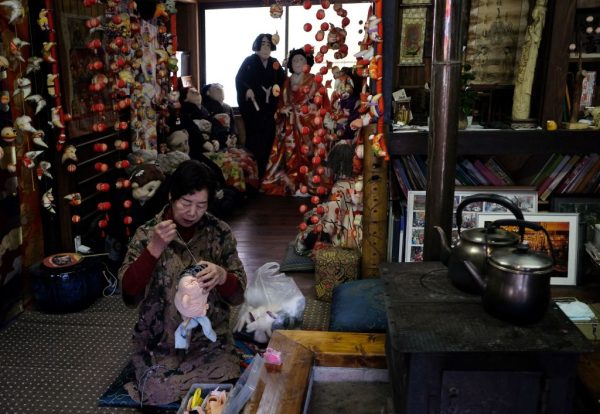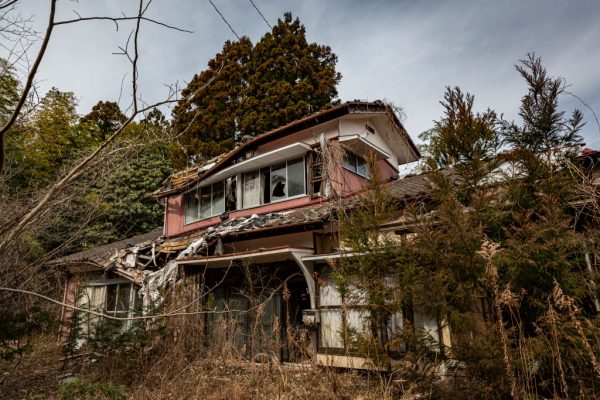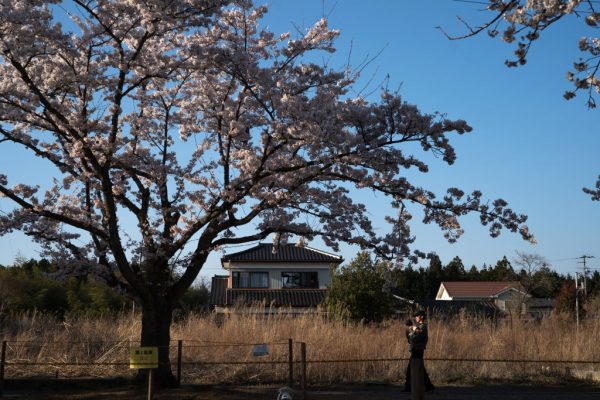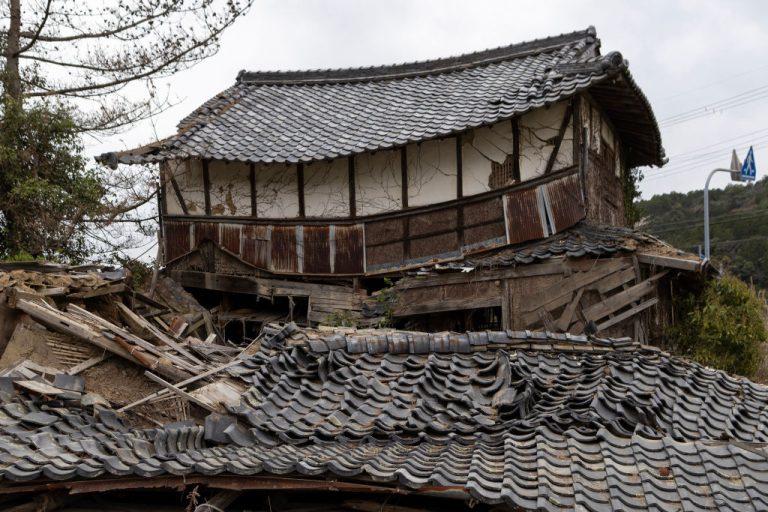Parts of Japan’s countryside, dotted with old, abandoned homes, are witnessing a notable transformation. These houses — once considered eyesores — are now catching the eyes of both local and foreign buyers. Attracted by the charm of traditional Japanese architecture and a favorable exchange rate, foreigners are turning these abandoned dwellings, called “akiya,” into valuable assets — potentially changing Japan’s perspective on these historical structures.
Lee Xian Jie, a 33-year-old entrepreneur originally from Singapore, exemplifies this trend. Back in April, Lee convinced a few close friends to invest with him in a 110-year-old house in Ryujin, Wakayama Prefecture. Together, they acquired the property for approximately 2 million yen (about US $14,500).
His vision? To renovate this piece of history into a guesthouse. Already managing a local restaurant next door called Ryunohara Shokudo, Lee said he appreciated the unique ambiance that these traditional homes offer. Features like cherry wood columns, tatami mats, and alcoves for Japanese lamps are all unique to the region and offer an idyllic glimpse into the tradition and cultural heritage of its past inhabitants.

“Columns of cherry wood and small alcoves designed to hold Japanese-style lamps give the old homes a unique ambience lacking in modern cookie-cutter houses,” Lee told Nikkei Asia, adding, “[They] showcase how people lived in the old days.”
Revamping tradition
Lee’s integration into the Ryujin community has been nothing short of remarkable. Kazue Shimizu, a 71-year-old local, admitted to initially doubting Lee and his intentions, but now admires his dedication to understanding Japanese culture.
Success
You are now signed up for our newsletter
Success
Check your email to complete sign up
“I wondered [at first] if I could communicate with Lee. I am now a fan of his because he has learned a lot about Japan and is polite,” said Shimizu.
The increase in foreign interest in akiya properties comes at a crucial time. Japan’s aging and declining population has led to a surge in vacant homes. In 2018, approximately 8.49 million houses were unoccupied, a figure that’s expected to soar to 23.03 million by 2038. This would account for nearly one-third of all homes in the country.
RELATED: South Korea’s Birthrate, Already Lowest on Earth, Falls Even Further
The dilemma has caught the attention of businesses like property consulting firm Akiya & Inaka, which was founded by American businessmen Parker J. Allen and Matt Ketchum. Their mission is to match old Japanese houses with potential buyers — primarily business owners in their 40s and 50s. The weak yen has spurred interest, with buyers expanding their budgets to afford houses in areas like Kanagawa, Shizuoka, and Chiba prefectures, known for their proximity to Tokyo.

Many of these buyers also envision akiyas as holiday villas or future retirement homes. However, the influx of foreign buyers alone isn’t a panacea for Japan’s vacant house issue. A more comprehensive approach involving local governments and a welcoming attitude towards multicultural communities is essential to long-term growth.
Experts like Yasuhiko Nakajo, a professor at Meikai University, stress the importance of creating interactive opportunities between foreigners and locals to foster mutual understanding. Such interactions could potentially shift the Japanese perception of these old houses from being burdensome to valuable assets.
“With the local governments and other concerns acting as a bridge, opportunities for foreigners and local residents to interact with each other and deepen mutual understanding should be proactively created,” said Nakajo.
Airbnb sweeps in
In a parallel effort to rejuvenate these historic dwellings, leading short-term rental platform Airbnb is now seeking ways to utilize the akiya. But Airbnb’s strategy does not involve acquiring or directly subsidizing the renovation of these homes. Instead, the San Francisco-based company wants to focus on collaboration with local governments and businesses to facilitate the transformation of these properties.
RELATED: NYC: Number of Airbnb Rentals Set to Plummet As New Rules Come Into Effect
Yasuyuki Tanabe, Airbnb’s country manager for Japan, is at the forefront of this initiative. Seeking to convert these properties into tourist lodgings — particularly traditional Japanese houses known as “kominka” — Tanabe thinks there is great potential in this untapped market.

“The number of ‘akiya’ (empty houses in Japanese) is increasing and expected to increase further,” said Tanabe, adding, “Many of them are too good to be abandoned. There are also safety risks if they are left unkept.”
Tanabe envisions a symbiotic relationship between property owners and the tourism industry. “It can be a good source of income after people retire as our lifetime gets longer,” said Tanabe, adding, “If the owners of idle assets refurbish them and convert them into lodgings, that would be a solution.”
This initiative is further supported by partnerships with organizations like the Japan Kominka Association, a nonprofit organization dedicated to preserving and promoting kominkas. Airbnb’s donation of 150 million yen to the organization underscores its commitment to this endeavor. “We are deepening ties with the association. They have a connection with owners and construction companies with relevant expertise,” Tanabe notes, emphasizing the collaborative nature of the project.
These efforts, in collaboration with organizations like the Japan Kominka Association, and lifestyle brands Ryohin Keikaku and Muji, aim to offer uniquely authentic experiences to tourists while preserving Japan’s cultural heritage.
But the projects won’t be easy feats, Tanabe points out. “Renovation certainly costs money,” he says, adding, “But if different entities collaborate and offer their own expertise, we could think of a unique solution. That is what we are currently working on.”















